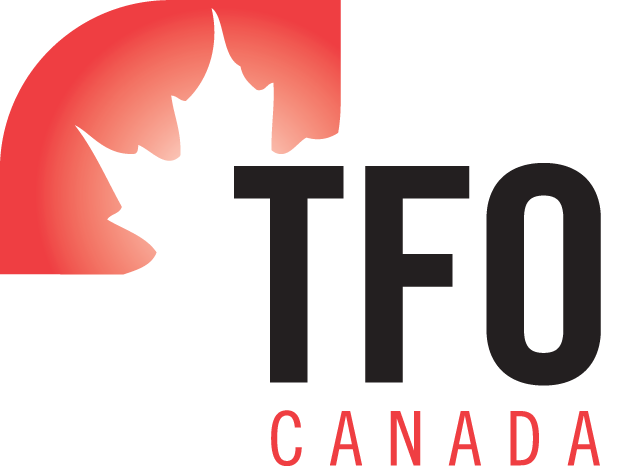Many Canadian tech start-ups have experienced the heart-pounding, dawn to dusk race to successfully debut a new product or service. One such firm — AceAge, an innovative health tech company based in Waterloo, Ontario — is fast approaching the launch of their new medication-dispensing device called Karie. After successfully attracting investment to help bring the technology to production, the company plans an early 2018 target date; the challenges are to ensure ample access to software engineering expertise, and rock-solid quality assurance as they scale up to meet an aggressive timeline. With little time to train up new employees and a need to make every dollar count, PROCOMER, Costa Rica’s trade promotion agency, helped AceAge connect with a development partner through the Gateway to Costa Rica programme to get across the finish line.
Lean margins and accountability to investors can present serious hiring challenges for any tech 
From the perspective of building the technology with a looming launch date, Sam Campbell, AceAge’s Chief Technology Officer admits that timely growth of their skills pool has been a learning experience. “Hiring has proven to be a very time-consuming process, but rushing it and ending up with a bad hire wouldn’t be great, either.” Realizing that hiring locally may not provide a complete solution, the company was open to looking elsewhere.
In the meantime, the Gateway to Costa Rica programme, developed in collaboration with Trade Facilitation Office Canada (TFO Canada), was working with the team at Innovation Guelph to connect with local industry. Being introduced to the potential of working with a Costa Rican developer was a just-in-time opportunity for AceAge. “When Gateway connected with Innovation Guelph, they then shared the opportunity with everybody in their programme. We would not have thought of Costa Rica before that,” says Pascal Tyrrell, Chief Scientific Officer for AceAge. “We were definitely interested in looking at Costa Rica as a software developer. Also, the possibility of manufacturing a device in Costa Rica. Those were the two main reasons.”
For Tyrrell, the availability of high-level skills in digital technologies in Canada is not only a question of the number of graduates being turned out by universities and colleges. In a dynamic and ever-evolving industry, there’s a combination of reasons for considering co-development with a Costa Rican team. “The reasons you would look to go outside of the local area is opportunity and availability, though it still has to be cost-effective or we wouldn’t even consider it,” explains Tyrrell.
“They have a solid quality assurance approach that has made it easy to trust their engineering skills.”

Gateway to Costa Rica and Innovation Guelph helped to connect the company with Costa Rican software developers looking to Canada as a new service export market, before making the commitment to travel to Costa Rica themselves. “The most useful thing for me was to meet in person and put a face to the company. I was able to talk to each company representative there and discuss how the working relationship would look, so I was able to get a clear picture of how our project could be accomplished by working with them.”
“We’ve begun work with [a software engineering company] and it has been a good experience so far. They have a solid quality assurance approach that has made it easy to trust their engineering skills.” Tyrrell adds, “Working with them has been great, and the team is excellent. I think it’s going to be successful. We’re having a great experience to date.”
“It’s surprising, the level of education [Costa Rica] is doing for software development. That’s the piece that needs to be shared with people who are going to do business down there.”
Differentiating their early Costa Rica experience from other global sourcing locations, Tyrrell explains, “In terms of value, cost isn’t everything. It’s a very important piece of it because it allows you to do more with your money. If you do software development, and you outsource it to certain offshore destinations…it’s known that there’s quality issues. Very often there’s rewrites and you have to fix it, so you factor that in.”
“That’s where I found Costa Rica very interesting, because they were promoting themselves as being able to do it, they are a cost-effective solution, but they are actually doing extremely well in terms of education. It’s surprising, the level of education they’re doing for software development. That’s the piece that needs to be shared with people who are going to do business down there.”

